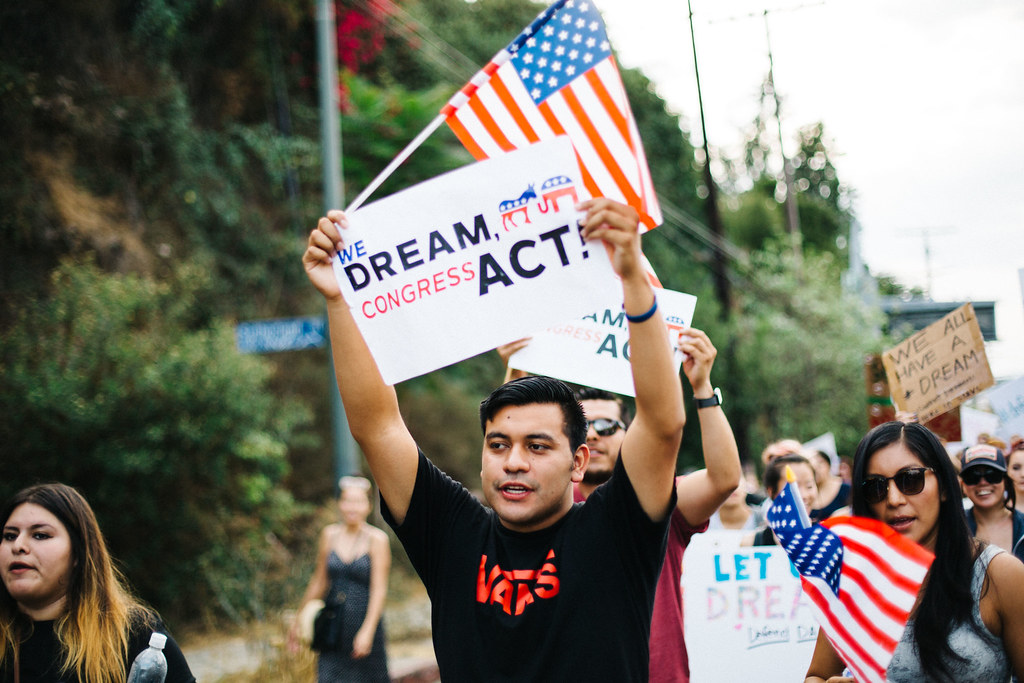Ahead of the U.S. presidential election, President Biden is considering the rollout of a set of new executive actions aimed at curbing illegal migration at the U.S. southern border and measures that would create new obstacles for asylum applicants. Individuals speaking on condition of anonymity have said these policies could come as soon as March 7th as part of President Biden’s State of the Union speech.
According to reports by insiders of the Biden administration, the proposals under discussion would use a provision of the Immigration and Nationality Act (INA) to stop migrants from requesting asylum at U.S. ports of entry once a certain number of illegal crossings has been reached.
While the exact details of the executive order are still unclear, the proposal would likely carve out several exceptions for unaccompanied minors and those who meet the requirements of the United Nations Convention Against Torture. A similar proposal was previously discussed in the U.S. Senate as part of a border deal earlier this month.
To further appease conservative voters, the Biden administration is also considering implementing policies that would make it harder for migrants to pass the initial screening of the asylum interview process. Under these proposals, the administration would elevate the “credible fear standard” of the asylum process, thereby narrowing the pool of applicants eligible to seek asylum. Those who cannot meet the elevated standard, would be swiftly deported.
 Visa Lawyer Blog
Visa Lawyer Blog











